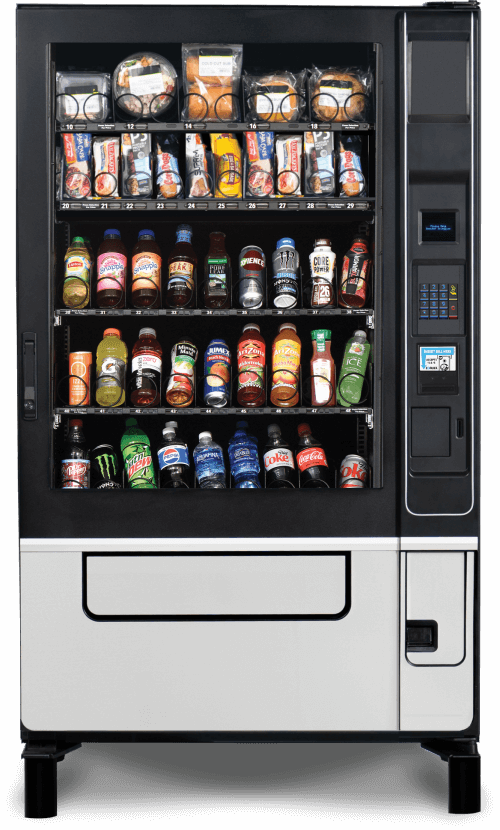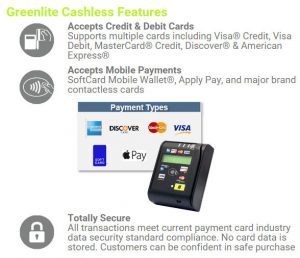Vending.com’s parent company, The Wittern Group, joins 153 companies who have signed the American Business Act on Climate Pledge in their support for action on climate change.

By signing the American Business Act on Climate Pledge, The Wittern Group is voicing support for an outcome that takes a strong step forward toward a low-carbon, sustainable future at the COP21 Paris climate negotiations. As a part of this Pledge, The Wittern Group is demonstrating an ongoing focus on climate action by committing to:
- Reducing water usage by 10% by 2020
- Reducing greenhouse gas emissions in their vending products by 45% by 2025
- Increasing investment in low-carbon, climate-resilient, and green projects by $2 million by 2025
- Developing long-term business plans that align with the deep DE carbonization necessary to keep global average temperatures from rising less than 2C
“Sustainability is an important initiative for Vending.com and The Wittern Group as we look to grow our business while remaining agile amid a changing environmental landscape,” commented Heidi Chico, CEO of The Wittern Group and NAMA Board Member. “By committing to the American Business Act on Climate Pledge, The Wittern Group, along with Vending.com, is taking a leadership role by focusing on initiatives that will increase the profile of the vending industry and demonstrate our industry’s commitment to climate action.”
The Wittern Group is one of seven National Automatic Merchandising Association (NAMA) member companies that have committed to the American Business Act on Climate Pledge. NAMA is the association representing the $25 billion U.S. vending and refreshment service industry. These seven companies demonstrate an ongoing commitment to climate action and to voice their support for a strong outcome at the Paris climate negotiations.
“The Wittern Group recognizes that delaying action on climate change will be costly in economic and human terms, while accelerating the transition to a low-carbon, sustainable economy will produce multiple benefits with regard to economic growth, public health, and the well being of the global environment,” commented Heidi Chico, CEO of The Wittern Group and NAMA Board Member. “The Wittern Group is proud to be a small but integral part in addressing climate change and through this Pledge has committed to ambitious, yet achievable, goals to reduce greenhouse gas emissions and utilize clean energy alternatives.”
###
About The Wittern Group
Founded in 1931 by F.A. Wittern Sr., The Wittern Group provides a full range of products and services to meet all vending needs including design, manufacturing, financing, national and international sales, re-manufacturing programs, parts, and support services. The Wittern Group is structured to help people succeed in vending. www.wittern.com
—
Contact: Heidi Chico // Tel: +1 (515) 271.8425 // E-mail: hchico@wittern.com

 If recent trends are to be believed, the concept of paying for goods and services in cash may be a thing of the past – at least as far as millennials are concerned. More and more young people are increasingly paying with Apple Pay and similar types of mobile payment systems that rely more on technology and less on good, old-fashioned currency.
If recent trends are to be believed, the concept of paying for goods and services in cash may be a thing of the past – at least as far as millennials are concerned. More and more young people are increasingly paying with Apple Pay and similar types of mobile payment systems that rely more on technology and less on good, old-fashioned currency.